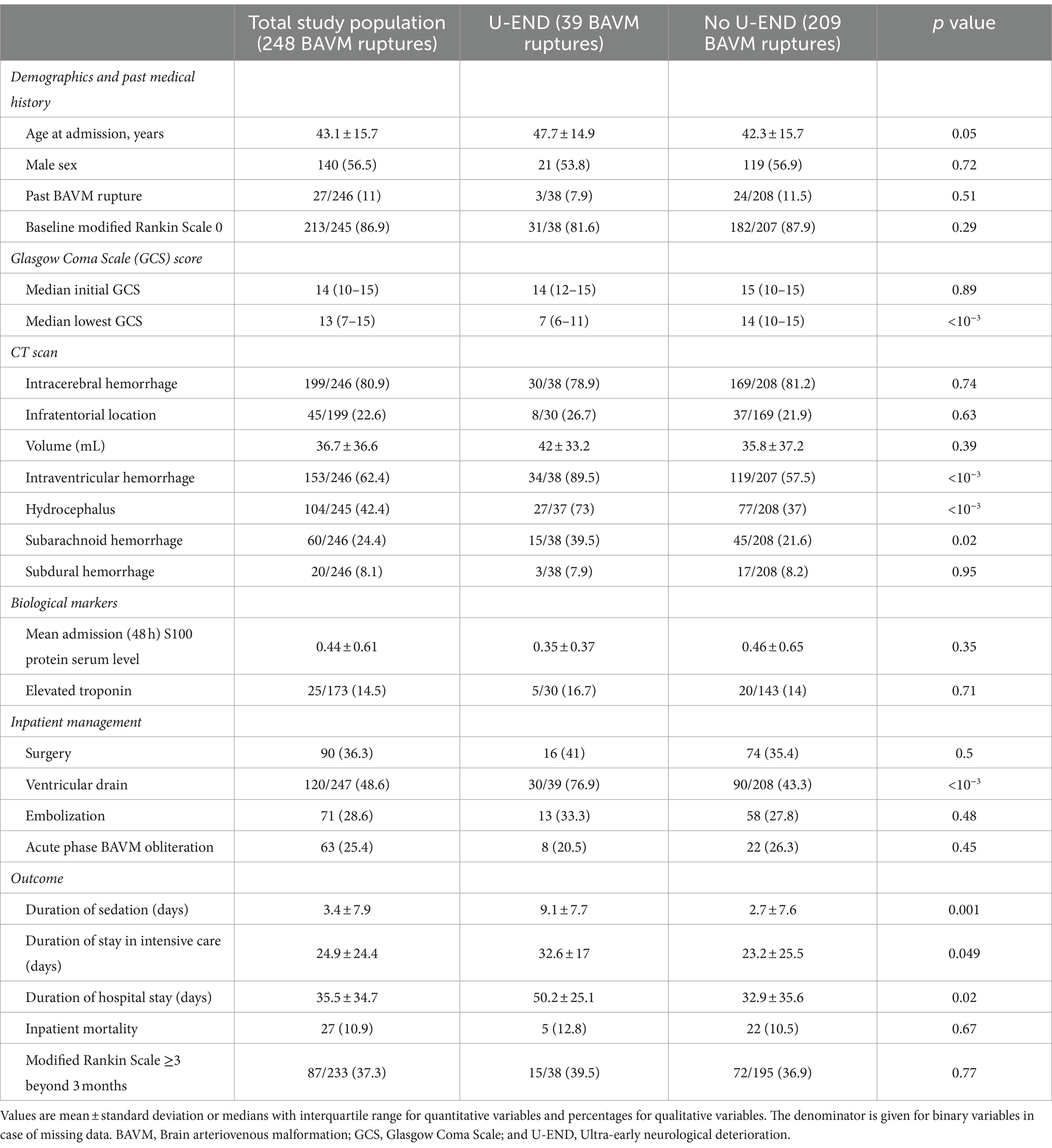UTI Automotive Tuition: Complete Cost Breakdown and Financial Options
UTI automotive tuition: what to expect
Universal technical institute (UTI) is one of the lead providers of automotive technician training in the United States. For prospective students consider this educational path, understand the complete picture of tuition costs is crucial for financial planning. This comprehensive guide break down UTI’s automotive program tuition, additional expenses, and financial options available to students.
Base tuition costs for UTI automotive programs
The base tuition for UTI’s automotive technology program typically range between $37,000 and $$45000, depend on the specific campus location and program length. The standard automotive technology program run roughly 51 weeks ( ( astir 12 months ) )d provide comprehensive training in all eight areas recognize by the ase ASEu(motive service excellence ). )
For specialized manufacturer specific programs, such as the ford fact (ford accelerated credential training ) bmBMWtep ( (rvice technician education program ),)r mercMercedes-Benzve programs, additional tuition costs apply. These specialized programs can add roughly $ 5,$5 to $ 10,$10to the base automotive program tuition.
Program specific tuition breakdown
Here’s a more detailed breakdown of approximate tuition costs by program:

Source: news.uti.edu
- Core automotive technology program: $37,000 $45,000
- Automotive technology with manufacturer specific advanced training: $42,000 $55,000
- Diesel technology program: $38,000 $46,000
- Automotive / diesel combined program: $45,000 $55,000
It’s important to note that these figures represent the base tuition exclusively and can vary base on campus location, program updates, and other factors. UTI regularly review and may adjust tuition rates, so prospective students should invariably verify current rates direct with the institution.
Additional costs beyond tuition
When calculate the total cost of attend UTI, students must consider several expenses beyond the base tuition:
Tools and equipment
Automotive students at UTI are required to purchase their own professional tool set. This industry standard toolkit typically cost between$11,500 and $3,500, depend on the specific program requirements and tool quality. While this represent a significant upfront investment, these tools become the student’s property and serve as the foundation of their professional equipment for their career.
Books and learning materials
Textbooks, digital learn materials, and course supplies can add roughly $1,000 to $$2500 to the total educational cost. Some programs may include digital textbooks in the tuition, while others require separate purchases.
Uniform and safety equipment
UTI require students to wear appropriate shop attire, include UTI brand shirts and specific types of work pants and safety shoes. These items typically cost $300 to $$500in total.
Technology requirements
Students may need a laptop or tablet for digital coursework, access learn materials, and complete certain assignments. While UTI may provide computer access on campus, have a personal device is much recommend and can cost $500 to $$1200 depend on specifications.
Housing and living expenses
For students relocate to attend UTI, housing costs vary importantly by campus location. UTI does not typically provide dormitories but oftentimes partners with local housing providers to offer student accommodations. Monthly housing costs can range from $600 to $$1500 depend on location, housing type, and whether roommates are ininvolved
Additional living expenses include food, transportation, and personal items should be factored into the total cost calculation. These expenses can ad$1010,000 to$155,000 per year depend on lifestyle and location.

Source: wkbw.com
Financial aid and payment options
UTI offer various financial aid options to help students manage tuition costs:
Federal financial aid
As an accredited institution, UTI students may qualify for federal financial aid programs include:
- Federal well grants (which don’t require repayment )
- Federal direct subsidized and unsubsidized loans
- Federal plus loans for parents of dependent students
To apply for federal financial aid, students must complete the free application for federal student aid (fFAFSA) The amount of aid available depend on factors include financial need, dependency status, and program cost.
UTI scholarships and grants
UTI offer numerous institutional scholarships and grants that can importantly reduce tuition costs:
- Early employment initiative scholarship: for students who maintain employment in the automotive industry while attend UTI
- Military and veterans benefits: special tuition rates and benefits for active duty military, veterans, and their families
- High school scholarship programs: various scholarships for recent high school graduates, include competitions like top tech challenge
- Manufacturer specific scholarships: partnerships with automotive manufacturers may provide specialized scholarship opportunities
These institutional scholarships can range from $1,000 to cover a substantial portion of tuition costs. Nigh require application and meet specific eligibility criteria.
Private loans and payment plans
For students who need additional funding beyond federal aid and scholarships, UTI work with private lenders that offer education loans specifically for trade school students. These loans typically have competitive interest rates but require credit checks and may need a co-signer for students with limited credit history.
UTI to offer interest free payment plans that allow students to make monthly payments throughout their enrollment kinda than pay the full tuition upfront.
Employer tuition assistance
Some automotive employers offer tuition reimbursement or assistance programs for employees seek additional training. UTI work with many industry partners who may provide partial or full tuition coverage for qualified employees or potential hires.
Return on investment considerations
When evaluate UTI’s tuition costs, prospective students should consider the potential return on investment:
Career placement rates
UTI report that a high percentage of graduates find employment in their field within a year of graduation. The institution maintain relationships with major automotive employers and offer career services to help graduates secure positions.
Earn potential
Accord to the bureau of labor statistics, the median annual wage for automotive service technicians and mechanics is roughly $46,880, with experienced technicians and those with specialized manufacturer training much earn importantly more. Technicians with specialized certifications from programs like uUTIs manufacturer specific training can command higher salaries.
Industry demand
The automotive repair industry continue to experience steady demand for qualified technicians, especially those with formal training in modern vehicle systems include hybrid and electric vehicle technology, advanced driver assistance systems, and computerized diagnostics — all areas cover in UTI’s curriculum.
Campus specific tuition variations
UTI operate multiple campuses across the United States, and tuition rates can vary by location. Some of the primary campus locations include:
- Avondale, Arizona
- Houston, Texas
- Lisle, Illinois
- Rancho Cucamonga, California
- Eaton, Pennsylvania
- Dallas, Texas
- Long Beach, California
- Orlando, Florida
Tuition differences between campuses typically range from 5 15 %, with higher costs broadly associate with campuses in areas with higher costs of living. Some campuses may besides offer specific manufacturer programs that aren’t available at all locations, affect the total program cost.
Compare UTI to alternative education paths
When evaluate UTI’s tuition costs, it’s helpful to compare them to alternative educational paths for automotive careers:
Community college automotive programs
Community colleges much offer automotive technology programs at lower tuition rates, typically range from $5,000 to $$15000 for a twtwo-yearssociate degree program. Yet, these programs may have less intensive hahands-onraining, fewer manufacturer partnerships, and less specialized equipment than utUTI focused programs.
Four year university automotive programs
Some universities offer bachelor’s degrees in automotive technology or automotive engineering, with tuition costs much exceed $80,000 for a ffour-yearprogram. These programs typically include more theoretical and management focus education alongside technical training.
Apprenticeships
Traditional apprenticeship programs through dealerships or repair shops may offer on the job training with minimal upfront costs. Yet, these opportunities are progressively rare and may provide less comprehensive training than formal education programs like UTI.
Make the final decision
When decide whether UTI’s automotive tuition costs align with your career goals and financial situation, consider these steps:
Schedule a campus visit
Visit anUTIi campus to tour the facilities, meet instructors, and speak with current students. This firsthand experience can help determine if the educational environmentjustifiesy the tuition investment.
Meet with financial aid advisors
UTI’s financial aid advisors can provide personalized estimates of tuition costs after account for potential grants, scholarships, and loans you may qualify for. This much result in an importantly different figure than thepublishingh tuition rates.
Research graduate outcomes
Speak with UTI graduates work in the field to understand their experiences with job placement, start salaries, and whether they feel the education was worth the investment.
Consider long term career goals
If your aim for specialized roles with luxury brands or aspire to management positions, utUTI manufacturer specific training programs may provide advantages that justify higher tuition costs compare to general automotive education.
Conclusion
UTI’s automotive tuition represent a significant investment, with base program costs range from $37,000 to $$55000 depend on specializations and campus location. When factor in additional expenses like tools, materials, and living costs, the total investment can increase considerably.
Notwithstanding, numerous financial aid options include federal grants, institutional scholarships, and payment plans can make this education more accessible. For many students, the focused, intensive training and industry connections provide by UTI can lead to promise career opportunities that justify the tuition costs.
Prospective students should good research current tuition rates, available financial aid, and employment outcomes to make an informed decision about whether UTI’s automotive programs align with their career goals and financial circumstances. By cautiously weigh the costs against potential career benefits, students can determine if UTI represent a worthwhile investment in their automotive future.



